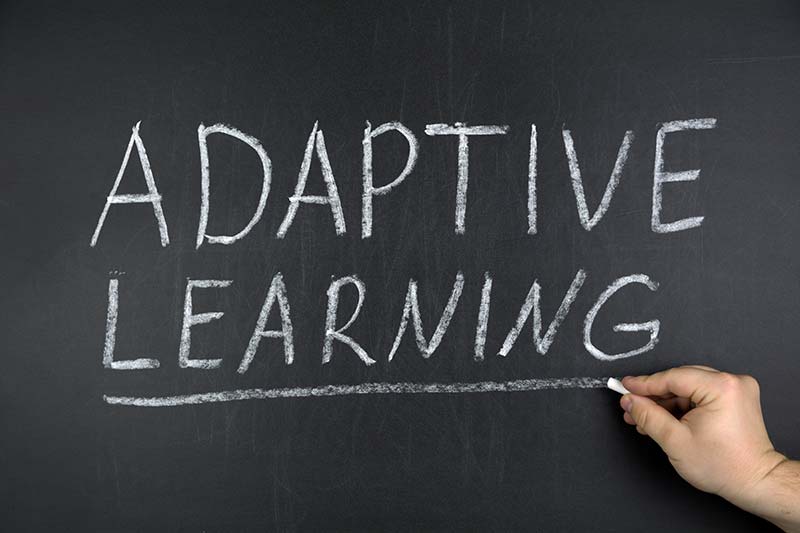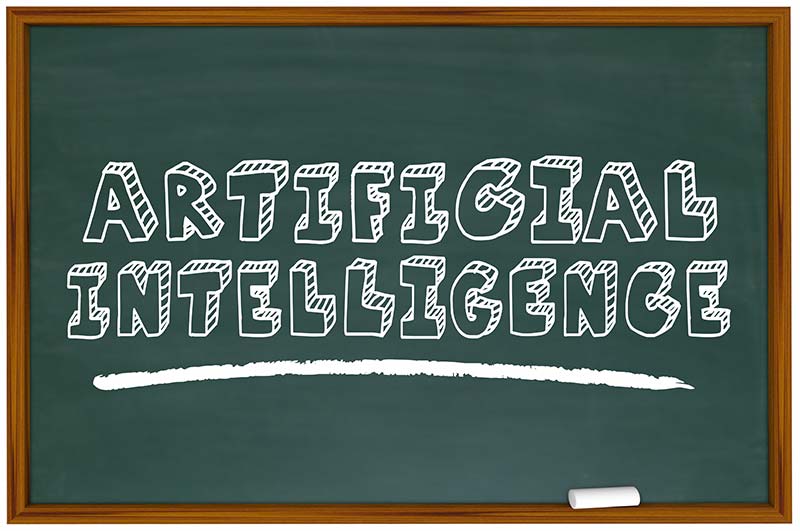
The Impact of AI on Distance Learning
The use of Al in distance learning can be highly effective. This is due to Al's ability to analyze student performance and tailor learning to a student’s specific needs. Plus, digital technologies are present in the lives of today’s children and students from basically the moment they’re born. As a result, when transforming a cognitive process, it’s necessary to consider that the Internet is already a part of their lives.
Due to the global pandemic, thousands of educational institutions were forced to transition to distance learning. Modern education has faced numerous challenges, including a lack of technologies and properly developed electronic textbooks to facilitate learning.
Distance learning necessitates the use of appropriate techniques as well as novel qualitative approaches. Artificial intelligence (AI) technology is one of the most powerful tools available today. It allows for the smooth transformation of the educational process.
It collects and evaluates data on student’s accomplishments, daily performance, and the ability to learn new materials, laying the groundwork for developing individual course plans for each student.
Why Use Al in Distance Learning
Al has already become a part of people’s lives. It makes it possible to find anything in a short period of time.
There are three main reasons why Al should be introduced into the educational process:
- It improves the efficiency and convenience of the learning process for both students and teachers. It provides adaptive and personalized training as well as real time task verification. Depending on the results, Al analyzes each lesson, student progress, and teacher’s work.
- It boosts engagement through the use of gamification. Given that the majority of today's students were born in the age of technological progress, digital forms of learning are more engaging and appealing to them. There are many services that run on Al that provide online games and training simulators, where education is delivered in the form of a game.
- It enables the possibility of automating educational processes to the greatest extent possible. Many educational resources now operate without human intervention: chatbots answer questions; robots conduct lessons; systems automatically assess student grades; etc.
Top Seven Advantages of Al Use in Distance Learning
Artificial intelligence systems will soon be widely used in even the most conservative educational industry. And there are numerous reasons to do so. Here are some of the key benefits that Al offers for distance learning:
Adaptive Learning
It’s the most promising aspect of Al’s inclusion in the educational process. It aids in tracking each student's individual progress. For example, a student learns about a subject. As a result, it’s time for the student to take a test. If the student still lacks some knowledge, the system alerts teachers to the difficulty in comprehending the material.

Personalized Education
Personalized learning refers to various educational programs in which the methodology and pace of learning are determined by each student's needs, special interests, and preferences.
Al tailors the educational process to each student's individual learning pace and assigns tasks of increasing complexity. This method allows students to select the mode that is most appropriate for them.
Automatic Skill Evaluation
An automatic evaluation system based on artificial intelligence uses computer programs that simulate the behavior of teachers when checking homework. Al can assess the student's knowledge, analyze the answers, provide individual feedback, and design a training plan based on that particular student’s unique characteristics.
Interval Training
This advantage enables a student to fill the gaps in previously learned material effectively. Based on the responses, the system analyzes and determines which information a student should review again.
Assessment of a Teacher by the Students
Continuous interaction between teachers and students is part of the normal cognitive process. Personal attitudes toward a teacher as well as conflicts frequently obstruct the cognitive process.
Questionnaires are used by educational institutions to address these issues. Al provides the opportunity to optimize the learning process, thereby eliminating the possibility of conflict emergence. It provides the necessary information to a student via chatbots.

Smart Campuses
The smart campus is another advantage offered by Al. It responds to any student requests about study and life on campus such as finding a lecture audience, registering for a specific course, finding top essay writing websites, getting tasks, or contacting a teacher.
Examination Process Control
Distance learning is the flagship of modern education and Al is one of its most essential components. Al-based control systems can determine whether students pass tests on their own, thus eliminate cheating.
Many educators see AI as a tool that could be used to replace humans in the future. These days, it’s proven to be an excellent support system for human professionals and experts. SV
Frank Hamilton is a blogger and translator from Manchester. He is a professional writing expert in such topics as blogging, digital marketing, and self-education. He also loves traveling and speaks Spanish, French, German, and English. Meet him on Facebook and Twitter.
Article Comments